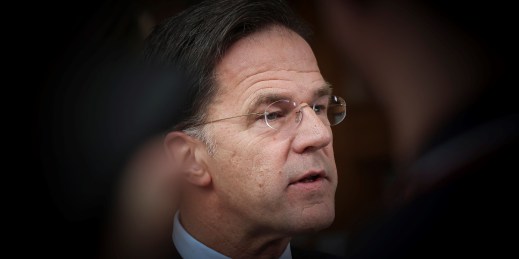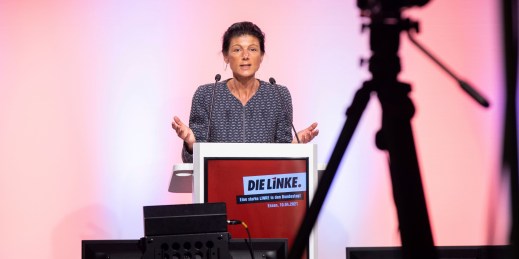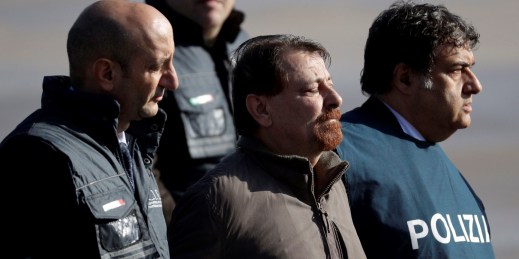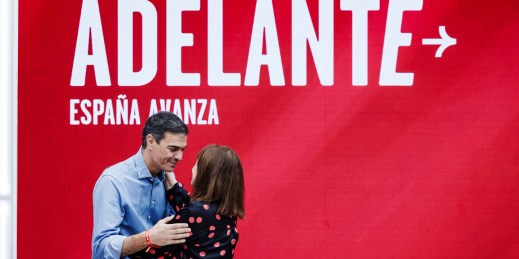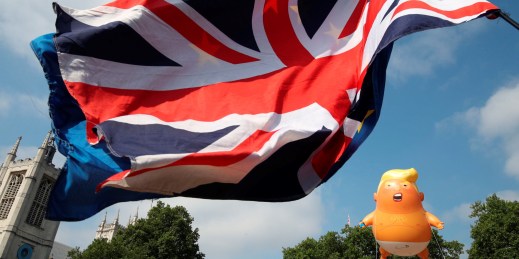
Since Donald Trump’s shock victory in the 2016 U.S. presidential election many commentators have compared his rise with the victory of the anti-EU Leave campaign in the referendum over the U.K.’s EU membership the same year. Yet too often such comparisons have ignored huge differences between these political earthquakes.

